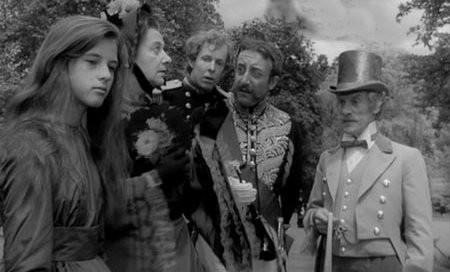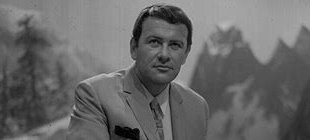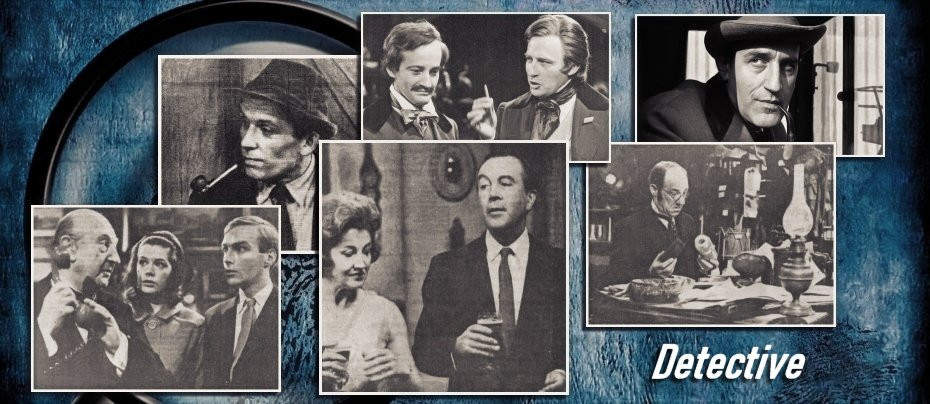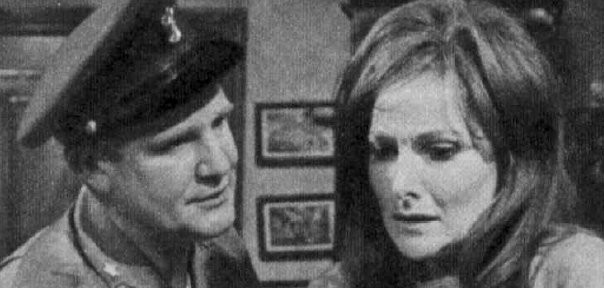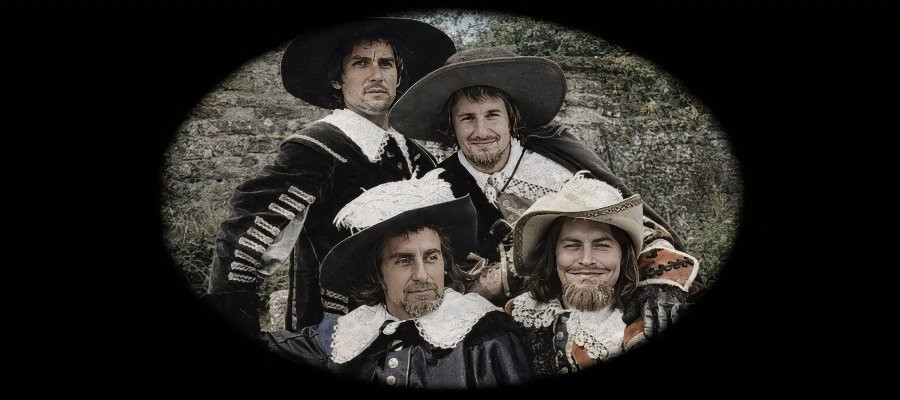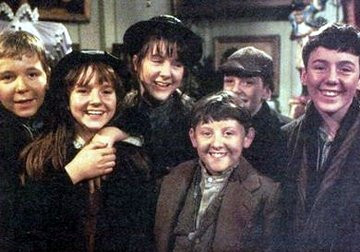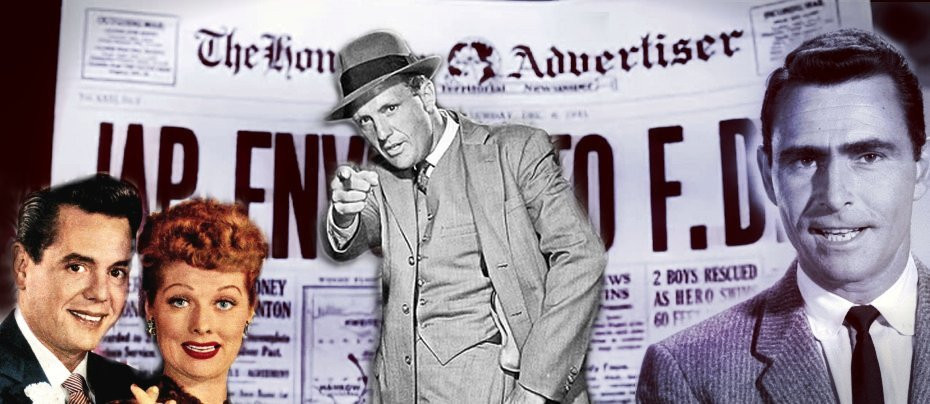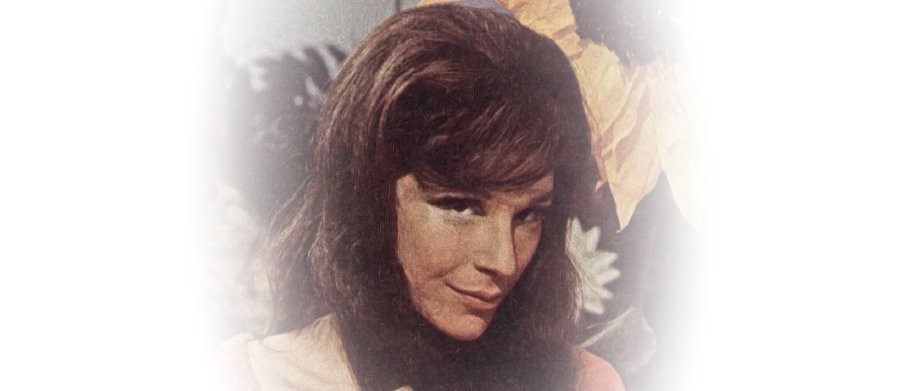
Mystery and Imagination
1966 - United KingdomRichard Beckett, a romantic young Victorian adventurer always had a tale to tell. Sometimes he was a participant in the drama, but mostly he was the narrator in this chilling series of stories with a gothic flavour.
To prepare for the series, the producer, Jonathan Alwyn and script editor Terence Feely read through more than 400 Victorian tales of the bizarre and the supernatural looking for suitable ones to dramatise and also to soak themselves in the Victorian writers' craftsmanship. "By the time we finished," said Feely jokingly, "life had few terrors left for us. Black magic? We lived with it for days while we were making 'Lost Hearts.' Strange underground chambers? After doing 'The Tractate Middoth' you couldn't even get us into an underground train. Old ruins? We couldn't go near a building more than six months old while we were making 'The Open Door' with Jack Hawkins. As for homicidal beauties-after watching Susannah York in 'The Fall of the House of Usher' it was all we could do to let our wives pick up an eyebrow tweezer."
Feely observed that the Victorians were willing victims of the pleasurable shudder that "made the lamplight mellower, the fire warmer."
"These stories were written, in my view, as a protest against the increasing dominance of the machine-to show the triumphant engineers that there were more things in heaven and earth than could be pinned to a blueprint or sketched in steel. Yet, ironically, it is the machine-in the shape of television-which restored to these tales their original magic and power.
"They were written to be read aloud in the security of the family circle. In re-establishing the family audience, television has enabled us to re-create almost exactly the conditions in which their long-gone authors intended these stories to be heard and to have their effect."
The Victorians also, it would appear, knew the value of sensationalist publicity. For example, when the Pall Mall Gazette printed, in 1884, Robert Louis Stevenson's short story 'The Bodysnatcher' (another tale dramatised in this series), the magazine's publishers hired an army of sandwich-board men parading around London warning those of a nervous disposition not to read it.

In the first story in the series, 'The Lost Stradivarius', an eerie tale by J. Meade Faulkner, Richard, played by (David Buck) was the faithful friend of an aristocratic young man (played by Jeremy Brett), who falls disastrously under the evil fascination of an old violin. After finding the violin he becomes increasingly secretive as well as obsessed by a particular piece of music, which seems to have the power to call up the ghost of its previous owner.
The series began on Saturday 29th January, 1966, at 10.5pm and proved a big hit with viewers. Five series were broadcast between 1966 and 1970 with 1969 being the only year it wasn't seen on television. This may have had something to do with ABC's loss of franchise, though, as only three episodes went out in November 1968 and the last series of only four episodes was shown by new franchise holders Thames Television in February 1970. Apart from some of the lesser known works by a number of authors the series also featured such classics as 'Frankenstein', 'Dracula' and 'Sweeney Todd.' Script editor Terence Feely contributed scripts to some of the best known British TV series' throughout the 1960s and a biography of him can be found in Television Heaven's biography section.
Seen this show? How do you rate it?
Seen this show? How do you rate it?
Published on January 9th, 2019. Written by Laurence Marcus (March 2008) based on an original TV Times interview with Terence Feely for Television Heaven.


